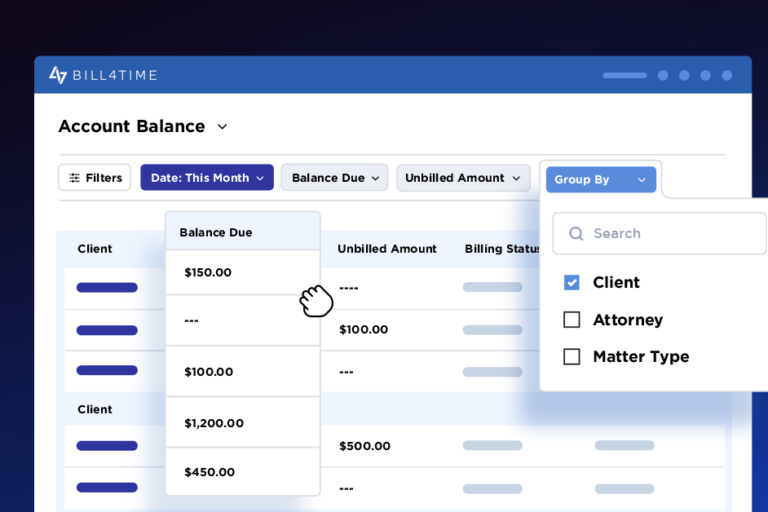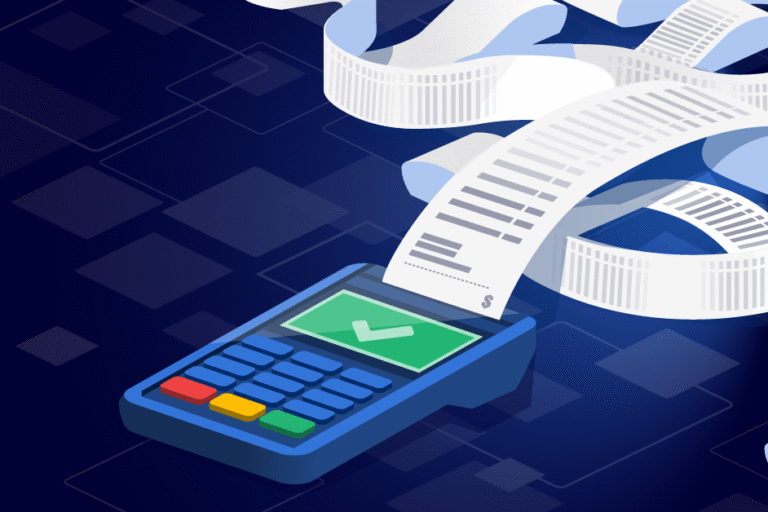
Attorney billing how to: Reducing discounts with billing software and best practices
10/03/2019 By Bill4Time Staff

Why are lawyers so expensive?
This was a question posed to the pundits at Law Crossing. It’s a question floating in the back of your client’s mind.
It’s a question that’s often brushed off.
But it shouldn’t be. That question rears its ugly head again at a very unfortunate time when it’s time for your clients to pay your invoice.
Clients want your services, they don’t want your bill
Mark Herrmann, Chief Counsel at Aon, and writer at Above the Law, shared this question from a reader.
What, is a poor associate to do? Not record his time, thus taking it on the chin to make his partner and client happy? Or record all his time, thus protecting the associate’s life, but infuriating the partner?
This stingy client may be attempting to prevent the kind of runaway billing described by other attorneys. But it can also be an attempt by this client to squeeze a large amount of free work out of their firm.
Herrmann explains why this a problem.
“If the firm is effectively discounting the fee to a particular client, then the firm should know that it’s discounting the fee. If the firm wants to discourage partners from discounting fees, then the firm must know that time is being written off, and the firm should penalize partners who attract (and work for) clients who pay less than what the firm hopes to realize.”
The firm in question has no idea this is happening.
They’re losing revenue they don’t know about. The argument could be made that this client wouldn’t have paid for the associates’ time anyway.
How legal billing software + best practices reduce discounts
As Herrmann states:
“Firm policy should be — and typically is — that associates should record all time that they work.”
That’s the best practice here.
It doesn’t matter whether you follow the traditional route and bill hourly. It doesn’t matter if you bill on volume, you’re paid on a contingency or rely on fixed fee AFAs. Your associates should track their time.
Why does that matter?
Bah, if you’re paid on contingency or fixed fee menus, it makes no difference whether you track your time or not, right? Maybe you already know where I’m going with this.
The shadow bill.
It’s something both sides want, regardless of the fee arrangement.
- You need the shadow bill to calculate your realization rate. How much is the firm getting paid per hour?
- Your clients want to see the shadow bill, to verify that they’re being treated fairly by the firm.
The only way to get the answers to these questions? You have to record your time. Recording your time provides you with much-needed data. Your firm’s utilization and realization rates, profit by practice area and so on. Every timekeeper in your firm should record their time, regardless of the AFA that’s used.
How does this reduce discounts?
Relying on legal billing software and following best practices reduces discounts directly and indirectly. But it accomplishes this in a variety of ways.
- Working with a high volume client? Recording your time shows you if the volume discount you’ve provided your client is worth the financial trouble.
- Are you paid on contingency? You’re better able to identify whether the practice areas (e.g., litigation, personal injury, etc.) are profitable for your firm.
- What about episodic clients? Once-in-a-while clients, who are not regulars? Recording your time means you’re in a better position to charge these clients more for your services, not less.
- Poor performing associates. Let’s say your associate takes six hours to draft an agreement when it should have taken one hour. If everyone records their time, partners and managers will have the ability to monitor or flag performance. They can ask associates to “check-in” if a specific task will take longer than X.
Can you see what’s happening?
With legal billing software and best practices, it’s much easier to reduce client discounts.
Recording time accurately reduces discounts
Clients have this question floating around in the back of their minds. “I desperately need your services, but I’m not sure why you’re so expensive?” Recording your time provides you with data.
The data you need to reduce discounts dramatically.
Clients want your services, but they don’t really want your bill. It’s no wonder then that they push for discounts, write-downs and write-offs. Recording your time accurately and thoroughly enables you to measure the performance of your firm. With a disciplined adherence to best practices and the right legal billing software, you’ll have the tools you need to reduce client discounts for good.




